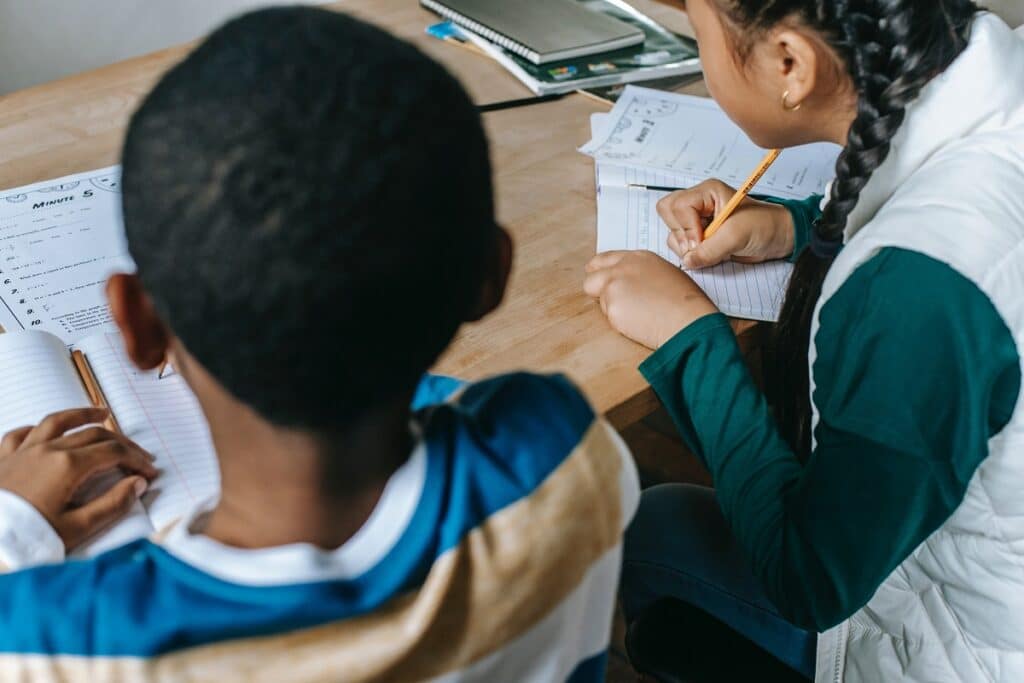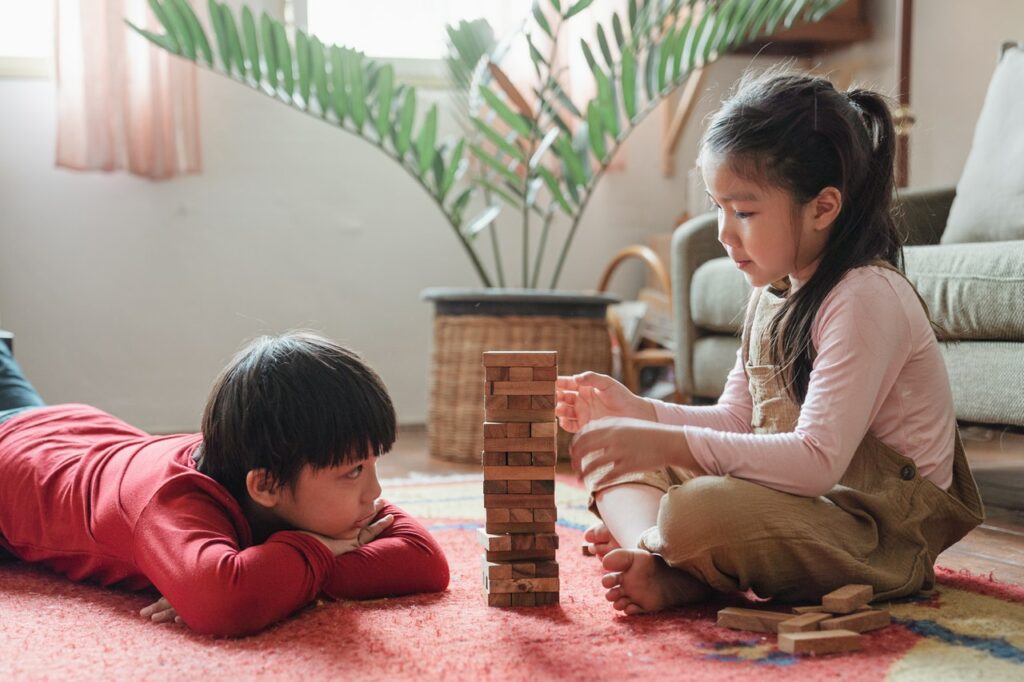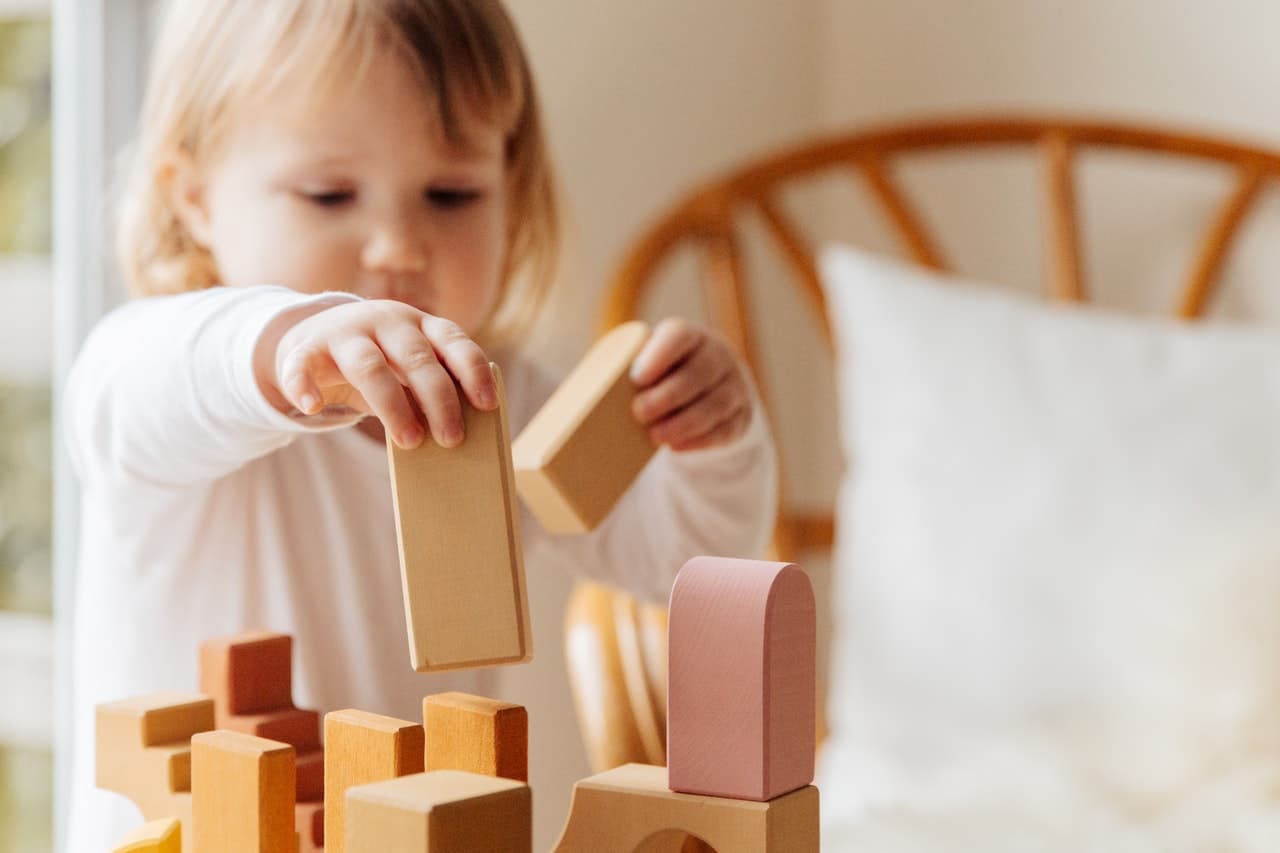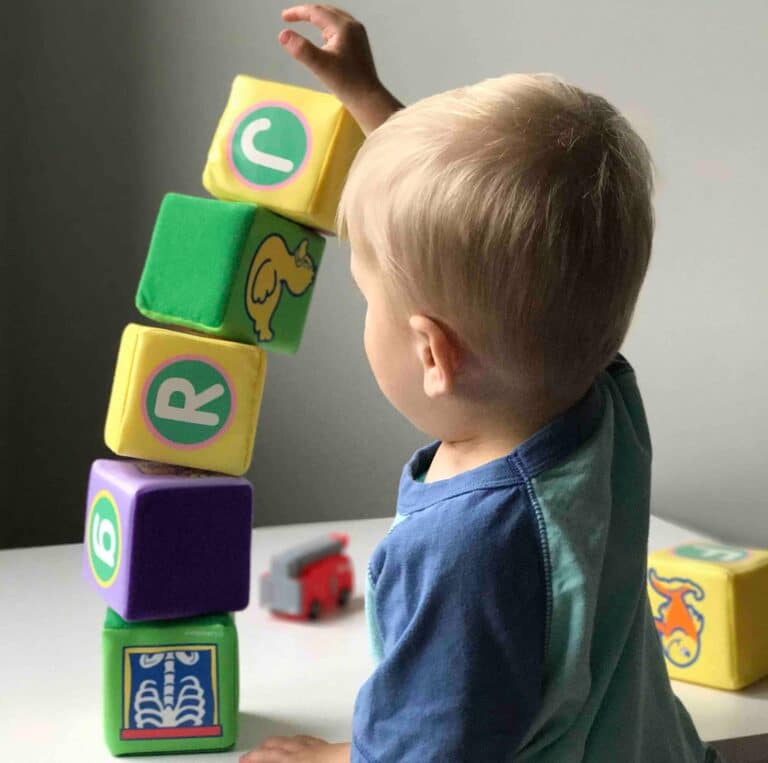As a parent, you might wonder how quickly your child will develop and grow over the next few years. The child development and growth of children from 6 to 12 years old is full of changes. The growth of children during this age has a lot to do with the child’s exciting abilities and is seen in their behavior, emotions, and actions.
During these years, parents need to understand what makes up development. So they can know what steps must be taken to provide the right care and nurture. Well, this article will focus on different aspects of the development and growth that take place for this age group.
This is a very important time in their lives, as it helps prepare them to be successful in the future. The last few years before they reach adulthood are an excellent time to start building a strong foundation for success. This is also an exciting time that many kids have friends that they have known throughout elementary school come over to play. With this growth comes many changes not only to their physical appearance but also for their cognitive and brain development as well.
In This Article
What is the stage of 6 to 12 years?
Childhood usually refers to the period of development from birth through adolescence. The stage occurs in phases, where children are more interested in playing and less interested in schoolwork. The stages of childhood are newborn, infant/toddler, preschooler, elementary school-age child, or preadolescent child.
As well young children between 6 and 12 years old are considered adolescents because they are at an age between when children start developing sills to adulthood. But still need help with many tasks around the house. At this stage in life, kids should be gaining responsibility for themselves while schooling should become much more important for them.
School-aged children are between the ages of six and twelve years old. This is a really exciting time for kids as they have learned to read, write, and think critically about their environment. The cognitive development in school-age kids is really important as their minds are becoming more aware of the world around them. They are gaining new knowledge, learning about their culture, and understanding how they are a part of that.
By both physically and mentally, school-age children are becoming more mature than the toddler years when they were infants. As well as at this stage the sexual development of children starts to occur, which means they are going to enter the teenage stage of life. Many children will have been toilet trained at this point, and most six-year-olds can dress themselves. School age child also spends a lot of time playing with their friends and siblings after school is over for the day.
What’s the normal growth or development for 6-12 years?
For 6- to 12-year-olds, there is a wide range of what is normal for height, weight and shape. Kids will grow taller at a steady pace, about 2-2.5 inches (6 to 7 centimeters) each year. When kids are growing, they usually gain about 4–7 pounds per year until puberty starts. During the early school years, kids are on the growing end of their growth chart. By age 12, they will be about halfway between their earliest height and adult height.
When kids are 6 to 12 years old, they may start puberty. Puberty usually begins around ages 10–11 for girl scouts and 11–12 for boy scouts. Puberty is the time when the body starts to change into an adult body. Before puberty, a girl’s ovaries and a boy’s testes won’t make many hormones. And girls also go through growth spurts around ages 9–10 and again at 11–12 years old. At the same time, boys begin making testosterone and growing facial hair.
At this stage, a child understand bad or good behavior or encourage self-discipline in school-age years. And your child’s brain is changing and growing faster than at any other point in their life. The children’s development at this stage includes fine motor skills, reading and writing, science, technology, and social skills. The children start to explore their interests; understand lessons; play with peers; make multiple friends; make new experiences about things that interest them.
Parents should also explain different things related to the child’s education interests. For example, if your child is interested in dinosaurs, parents should tell them about their characteristics and facts. Children at this stage demonstrate a wide range of emotions, mood swings, feelings, and behaviors.
As well as his or her feelings will be influenced by what he or she is doing, this includes playing with friends, watching TV, and doing other activities. And the peer pressure of studies, you can see on them at these ages. And in the context of their communication milestones, children develop sensitivity to social relationships at this stage. It is important for parents at this age to encourage independence in their children by allowing them to make decisions about certain things.

What can a child do at this age?
As well a child can do serval activities when they’re at 6 years to 12 years of age. Many authority figures have shown that children can do different activities that need certain skills. Below we have mentioned the child progress activities by their age group and they are
From 6 years to 7 years old
1. Enjoy many sports activities
They can enjoy a lot of sports activities including kickball, basketball, and karting. Kickball is mainly about kicking the ball to score one point for the team. Kick balls can be played by both same-gender children and different-gender children. Organized sports activities help to build them their self-esteem and their social skills. Most parents encourage their children to do organized sports because it’s the best way to make them more active and healthy.
2. Can tie their shoelaces
Most children at the age of 6 years to 7 years old can tie their shoelaces. The children progress activities include tying the shoelaces of shoes that are easy for them. Even if they can’t tie their shoelaces, but they can still learn how to coordinate tying the shoelaces with their family members at home. And this is called to be their personal achievements towards learning self-discipline.
3. Can do language games
The school-age children at 6 to 7 years old can now learn more language games such as “I spy” and word tricks or riddles. Children at this age can also do tasks such as finding rhyming words and opposite words. The authority figures has shown that their progress in the language is not the same as their friends. It is because the development rate of the children is different.
4. Can play car journey games
The child of this age can play car journey games that make them be away from being anxious about the trip. It also helps them to setting limits on their common milestones. And many parents can help their children to go through these games. The school-aged child can increased interest in the stories like fairy tales. As well they can use their creative skills to draw, paint, and many more.
5. Can play Tactile games
At this school-aged child, they can touch and feel things around them. And the peer pressure of playing at this age is also started. Therefore, your child can learn the ground rules of sports at this age. And a child choose activities based on their social status.

From 8 years to 9 years old
1. Can draw
When a child is at this age, they can draw with a pencil and at the same time they can start drawing complex shapes like rounded squares. They also can use rulers to make lines straight. And they can draw a circle just by looking at a circle and then draw it themselves.
2. Can do physical activity
A child can do physical activity in different ways. They can climb upstairs, slide down the stairs, jump off the ground, and many more. And peer pressure can influence them to do rough activities which are dangerous. A child can be very active every day by doing a different activity with his/her peer or their friends.
3. Can use or explain objects like hammer, screwdriver etc
At this age, children can use different tools. But they may vary in size, shape, color, and so on. They should be able to recognize the object by using their memory. And by looking at it for a brief moment if they have already seen it earlier. In this stage, they develop their interest in serval objects.
4. Can do simple math questions
When your school-age child at this stage in their life they can do simple math problems. They can even add and subtract in the right way. The School-age child is already aware of consequences when they do something and they can understand mature concepts. And they also learn how to use capitals if their names or even learn the full alphabet in the correct order.
From 10 years to 12 years old
1. Can learn music lessons
When a child is 10 years old, he/she can learn music. In other words, they can listen to music and also learn how to make their own as well. A little kid from the age of 10 years can go to a music school and learn how to make their music. And an 11-year-old kid can also do the same thing at school or any other place where they are studying.
2. Can paly board games
The school-age child of this stage can play board games. They can understand the rules and learn how to play them carefully. The children of this stage usually love to play by themselves and with their friends, siblings, or family members. When they win the game, they will feel very happy and satisfied while when they lose the game, sometimes they may feel disappointed or sad.
3. Can do serval outdoor activities
At this stage, a child can do many outdoor activities such as swimming, climbing trees, hiking, etc. They can also do easter activities such as coloring and doing puzzles. The other physical activity they can do is helping parents with doing chores and many more.
4. Can read age appropriate books
By this age group, a child can already read and write. They need to practice writing and reading before attending school. And if they’re going to attend public schools, then they have to submit their practicing works. And their teachers help them too to improve their reading and writing skills.

How can parents encourage social abilities during this age?
As well as your child will want to have friends and be noticed by peers in school, so help your child understand social behaviors. Teach them how to talk in a group, introduce themselves to a group of people, and how to join a group conversation. You might also encourage them to participate in activities with other kids from their school. There are many ways to encourage your child’s social abilities during this childhood age.
By doing family meetings
Family meetings are a great way to encourage social abilities in your child. You can do family meetings with other parents or caregivers and your children. They offer an opportunity for the kids to talk about their problems, ask questions, or just socialize with other adults.
By establishing daily life routine
Make sure your children stick to the daily routine because it helps them develop their social abilities. You can set up an activity that will help them meet other kids like attending a playgroup every week or taking part in activities outside of school with their friends.
Encourage your child to do social groups activities
Getting involved in activities outside of school is good for your child, but it can help them become better at socializing too. You might want to encourage them to take part in extracurricular activities like art club or sports team because kids tend to make friends easily when they are taking part in this kind of gatherings.
It is also important to encourage your child to participate in other group activities where they chat with their peers. The best way for your child to improve their social behavior is by teaching them how to be good friends. Social skills are very important for children to develop during the early stages of their life because it is a way they can communicate with others.

Encourage them to play with other kids
Encourage your child to start making new friends. Take them somewhere where they can be with other kids like the playground, park, or any other places where there are plenty of kids their age. During the first meeting with another kid, you might need to facilitate it by playing games together or showing your child how to communicate so that they can introduce themselves. After the first meeting, you can start encouraging your child to invite another kid for a playdate or to join in an activity with them.
By Teaching them self control
Children during this age usually have a difficult time controlling their emotions and behavior. You can try to teach your children how to control themselves in a group by asking them questions, teaching them about the right things to say in a group conversation. Encourage your child to make friends with kids who are not much older or younger than them because it will make it easier for them to socialize.
The Conclusion.
Therefore, the adolescent brain is a powerful and complex organ. It’s important to understand the changes in cognitive development, motor skills, emotional regulation and more as your child ages from 6 to 12 years old.
As your child enters their next stage, we recommend working with them to provide opportunities for exploration and discovery through playtime. The best way to do so is by giving your child age-appropriate tasks or goals, such as reading books together each day or playing games where they can learn new skills. We hope you enjoyed reading about the six to twelve year old developmental and growth phases. If you have any question regrading the above context feel free to contact with us through a comment section below, respectively.










![Home Renovation Guide [2025]](/app/uploads/2021/04/design-hacks-1-378x300.jpg)
